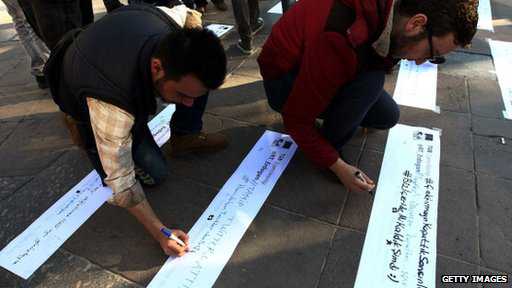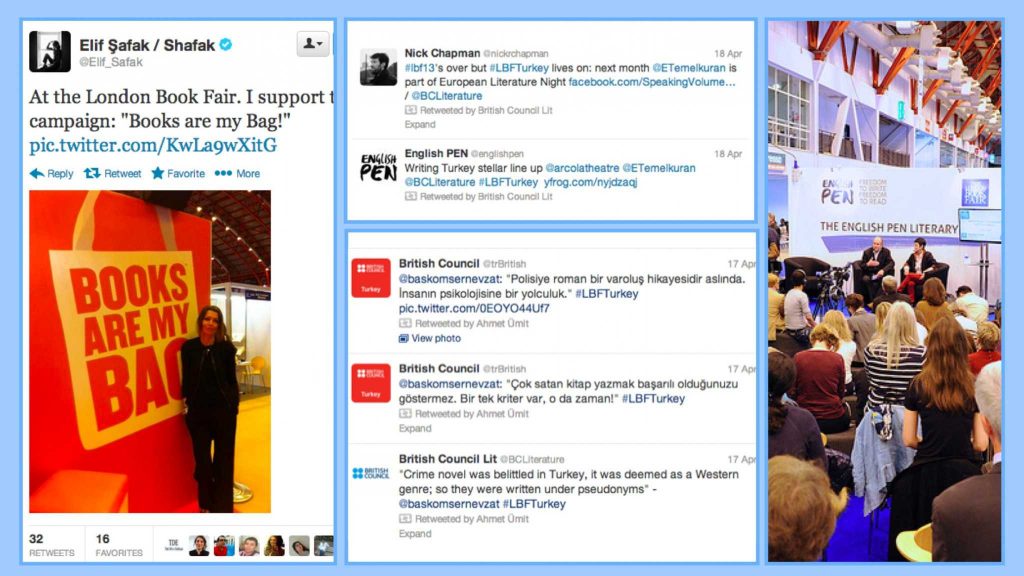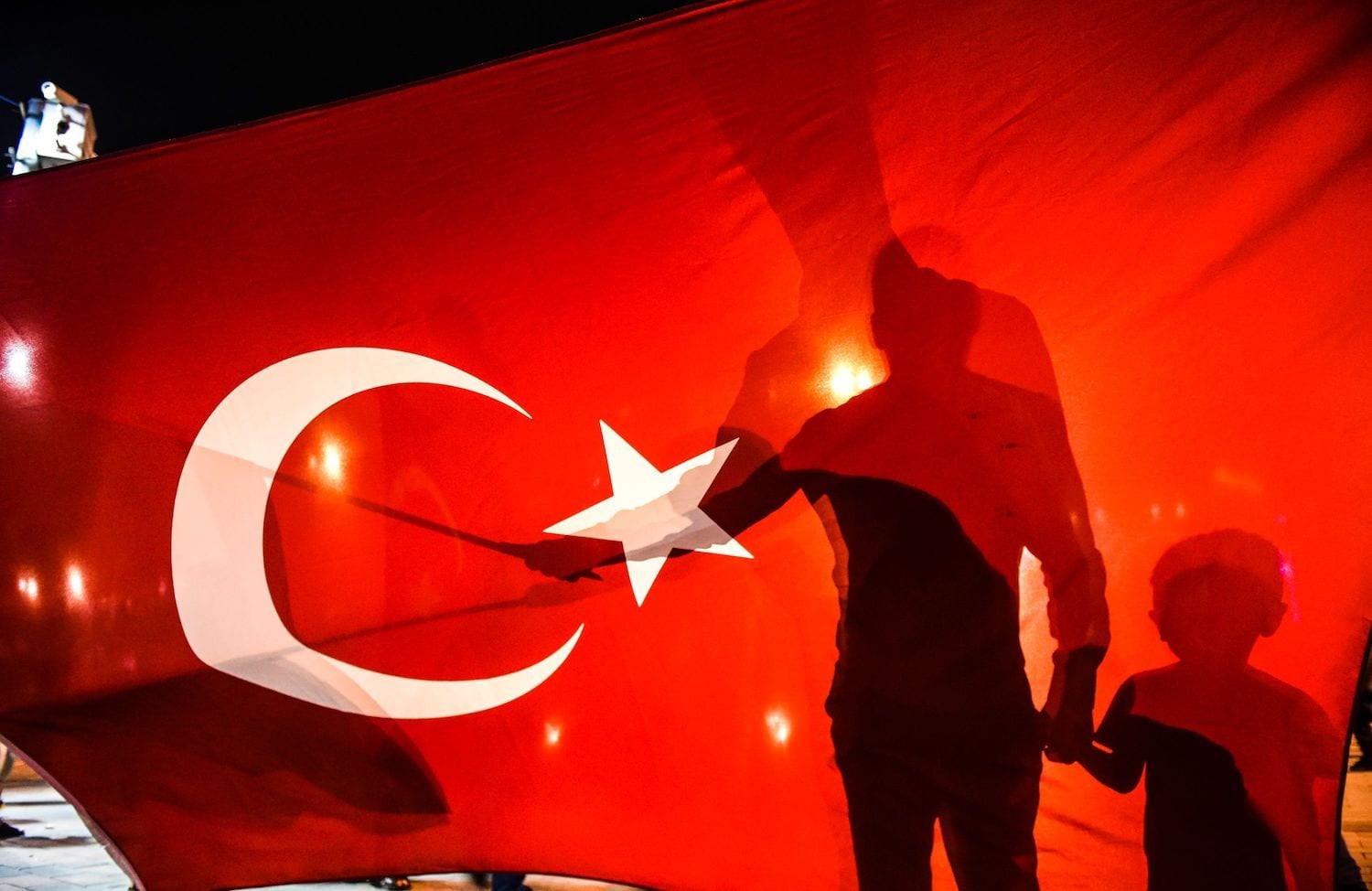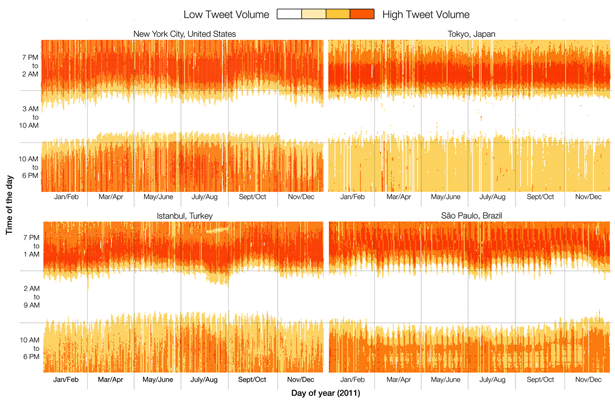
The Turkish government is “fighting a losing battle” in banning social media network Twitter, experts have said.
Locals continue to tweet via virtual private networks (VPN), anonymous web browser Tor and text messages, said security expert Rik Ferguson.
VPN Hotspot Shield reported a rise in iPhone and Android downloads of over 33,000% in the 24 hours after the ban.
The ban was enforced after allegations of government corruption were shared on the site and not removed by Twitter.
Twitter itself has not commented on the situation but it did post instructions in both English and Turkish explaining how to tweet via text message, which requires no internet access at all.
Ryan Holmes, chief executive of social media manager platform Hootsuite blogged that the firm had experienced three times more traffic than usual from Turkey following the ban.
‘Book burning’
The US Department of State has described the act of internet censorship as “21st Century book burning”.
“Turkey has nothing to fear in the free-flow of ideas and even criticism represented by Twitter,” wrote Doug Frantz, Assistant Secretary of Public Affairs, in a post on the department’s official blog.
“Its attempt to block its citizens’ access to social media tools should be reversed.”
Initially the ban took the form of domain name settings (DNS) redirection, in which users typing in a particular website address are instead redirected to a holding page.
Twitter users were able to circumnavigate the ban simply by using Google’s DNS service, typing in Twitter’s IP address, a number, rather than spelling out the website address “Twitter.com”, and changing some of the basic settings of their internet service provider, said Rik Ferguson, vice-president of security research at Trend Micro.
“It’s a bit like choosing which phone book you’re going to use,” he told the BBC.
“Trying to block communications via the internet is nigh on impossible unless you pull the plug entirely.”
Hidden surfers
However now the relevant IP addresses are also being blocked, and so is Google DNS, people in Turkey are increasingly turning to VPNs and anonymous web browser Tor to get online without revealing their location.
It is less complicated than it sounds, Mr Ferguson added.
“VPN requires knowledge and financial investment in the form of a subscription,” he said.
“Tor has a reputation of being this complex beast, but that’s not strictly true – all you need to do is download the browser bundle.”
Ultimately Twitter must abide by the laws of the countries in which it operates, said Mr Ferguson.
“The [Turkish] government is now hopeful about talks with Twitter but the nature of social media is that it’s very fluid,” he said.
“Who’s to say that something is removed and then something else pops up in its place?”
Twitter also faced a dilemma over what to do with the offending content if it did decide to act, he added.
“Do you remove the content entirely or make it inaccessible in the country where it is illegal? If you are deleting content entirely that falls more into the realms of censorship than legal compliance.”
via BBC News – Turkey Twitter ban is ‘a losing battle’, expert claims.





